Understanding your ferret’s body language should be a basic thing before you own them.
not judging if you cant , we will learn.
Ferrets, like many pets, communicate through various behaviors and vocalizations, each carrying its meaning.
By being able to interpret these signs effectively, you can respond appropriately to your ferret’s needs and provide them with the care and attention they require to lead a happy and fulfilling life.
Let us learn about ferret body language and build healthy and strong bond with our pet ferrets.
Signs Your Ferret Wants to Play
Dance of Joy
When your ferret performs the “dance of joy,” you’ll see them hopping around with lively and joyful movements. This behavior looks like they are having a mini dance party, bouncing around in different directions. It’s their manner of saying, “I’m thrilled and would love to play!” They might also puff up their tail and throw their head back, adding to their playful display.
Pawing the Ground
If you see your ferret pawing at the ground, that’s an obvious signal to play. This action mimics digging and is a fun way for them to get your attention. You can join in by mimicking their behavior, gently stroking the ground with your hand and then quickly pulling it away. This will encourage your ferret to chase your hand and engage in a playful romp.
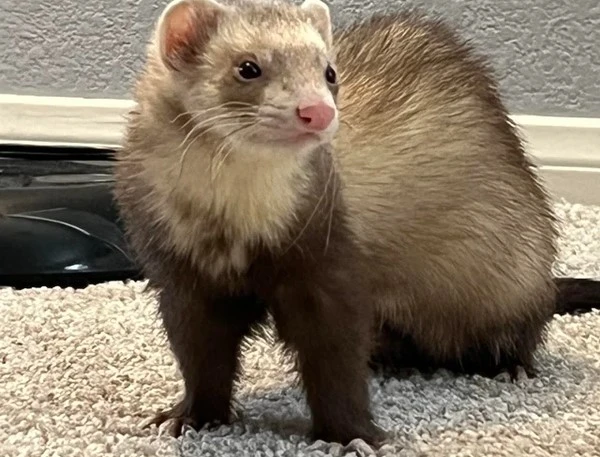
Chirping or Barking
Happy ferrets often make chirping or barking sounds, known as “dooking.” These noises are their way of expressing excitement and joy. When you hear these cheerful sounds, it means your ferret is in a great mood and ready for some fun. The more you engage with them during these moments, the happier they will be, for such reasons knowing about ferret body language is a must.
Tail Wagging
Rapid tail wagging is another sign that your ferret is in a playful mood. Similar to a dog’s tail wagging, this movement shows their happiness and eagerness to engage. When you see your ferret’s tail vibrating quickly, it’s like they are saying, “I’m having so much fun!” This is a perfect chance to join in and play with them.
Stalking
Ferrets love to stalk and pounce as part of their natural play behavior. They will crouch low to the ground and cautiously approach their “prey” before pouncing. This behavior is similar to what you might see in wild animals. Providing toys they can stalk and pounce on will keep them entertained and satisfied.
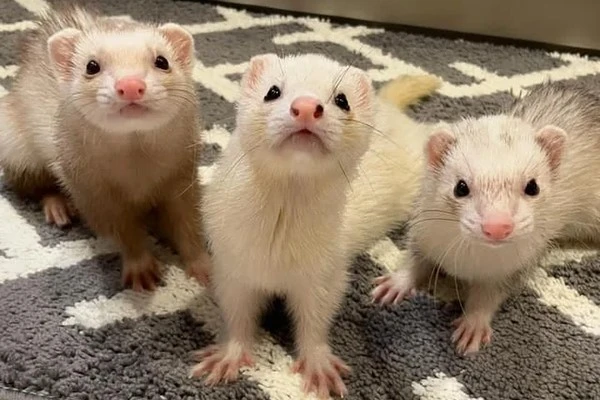
Alligator Roll
During play, your ferret might roll over or do an “alligator roll.” This behavior shows their excitement and can also indicate a sense of playful dominance. When two ferrets play together, one might scruff the other and roll them over. If your ferret tries to do this with your hand, it’s a sign they are comfortable and having fun.
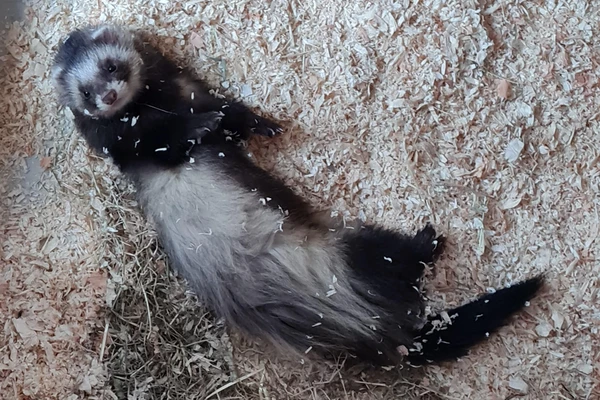
Lunging
A playful lunge towards you or objects is a clear indication that your ferret wants to play. They might jump at you and then quickly run away, trying to get you to chase them. This back-and-forth activity stimulates them and strengthens your bond.
It’s their way of inviting you to join in the fun.
Chasing and Being Chased
Ferrets love games of chase, whether they are chasing you or being chased themselves. This type of play is not only fun but also provides them with valuable exercise and mental stimulation. You can play by running around and letting them follow you, or by using a toy or blanket for them to chase.
Signs of Unhappy Ferret Body Language
Aggression vs. Play
It’s crucial to differentiate between playful behavior and genuine aggression. Playfulness includes gentle nips and happy movements, while aggression involves more intense behaviors like hard biting, hissing, or growling. Understanding this difference helps you respond appropriately and ensures your ferret feels safe and secure.
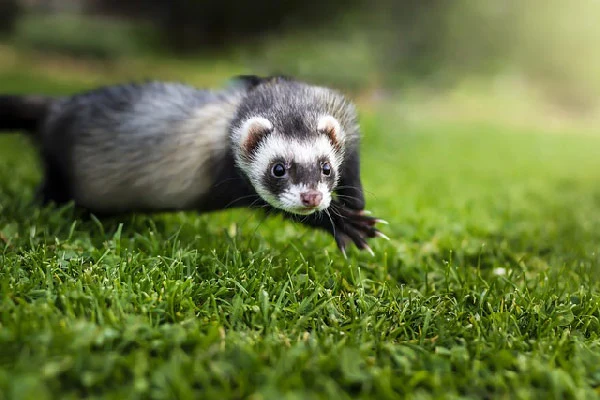
Biting with Hissing
If your ferret hisses or growls before or during a bite, it may indicate fear or discomfort. In these cases, it’s essential to give your ferret some space. Avoid further interaction until they calm down and feel more at ease. This behavior signals that they might be scared or stressed.
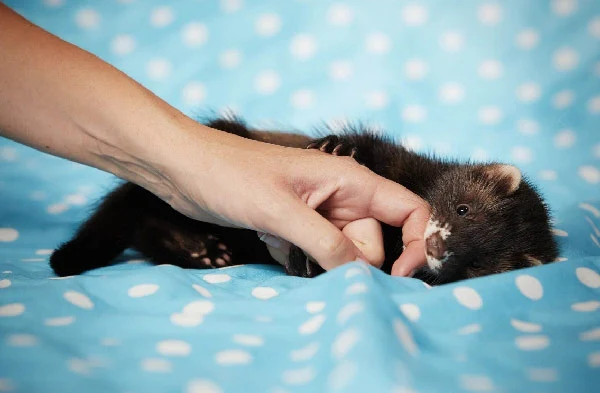
Hiding
Excessive hiding can be a sign of stress or discomfort. If your ferret is hiding more than usual or for extended periods, it could mean they are feeling overwhelmed or anxious. Creating a calm and secure environment can help them feel safer. If the behavior persists, a visit to the vet might be necessary.
Screaming
Screaming is a clear indication of extreme distress or pain in ferrets. If your ferret screams, it’s crucial to address the situation immediately. Check for any signs of injury or discomfort and provide the necessary care and attention. Screaming is a serious sign that your ferret needs help.

Recognizing Signs of Needs or Wants
Low Energy
Ferrets are typically very active and playful, so if your ferret shows a noticeable lack of energy or appetite, it could indicate illness or discomfort. A lethargic ferret that isn’t interested in playing or eating needs to be checked by a vet. Early detection can help avoid more serious health problems.
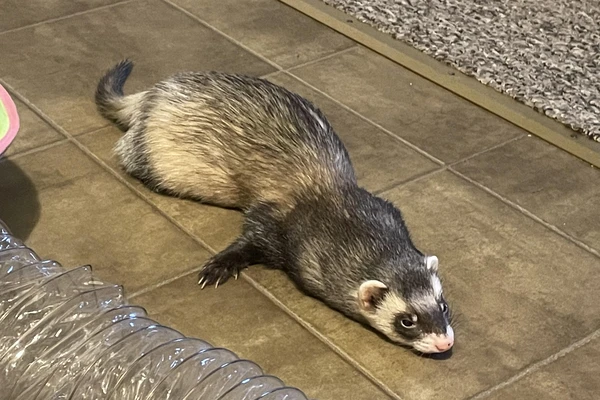
Pain
Signs of pain in ferrets include vocalizations, reluctance to move, or changes in posture. If your ferret cries out when you touch them or if they seem to avoid moving, these are clear signs of pain. It’s important to seek veterinary attention as soon as possible to diagnose and treat any underlying issues. Understanding ferret body language is crucial for such cases.
Teeth Grinding
Grinding teeth is often a sign of discomfort or pain in ferrets. If you notice your ferret grinding their teeth, it may indicate that they are experiencing some form of stress or
discomfort. This behavior should be taken seriously and might require a vet visit to determine the cause.
Other Signs of Sickness
Other symptoms to watch for include trembling, sneezing, eye discharge, coughing, diarrhea, vomiting, or difficulty breathing. These signs can indicate various health issues that need veterinary care. Paying attention to these symptoms can help you catch illnesses early and get your ferret the help they need.
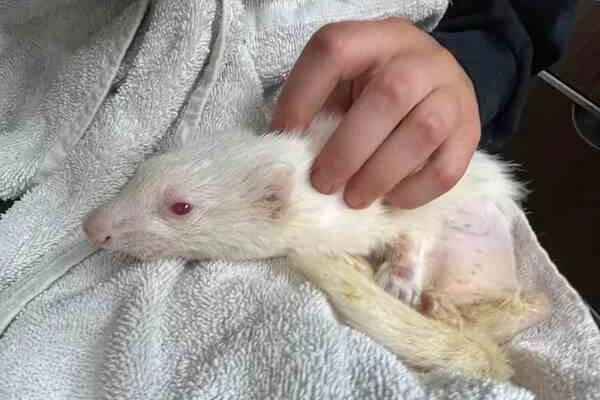
FAQs
How can I detect if my ferret is in pain?
Look for signs like vocalizing, not moving much, changes in posture, and teeth grinding. If they show these signs, they might be hurting and need to see a vet for a proper check-up and treatment.
What should I do if my ferret hides excessively?
Your ferret may be stressed or afraid if they are hiding a lot. Provide a quiet, safe space for them. If the behavior continues, consider consulting a vet to ensure there are no underlying health issues.
Can ferrets make different sounds to express their emotions?
Yes, ferrets use sounds like chirping, barking, hissing, and screaming to show how they feel. Each sound has a different meaning, helping you understand their emotions and needs better.
Why is it important to distinguish between playful behavior and aggression?
Knowing the difference helps you respond correctly. Playful nips are normal and part of their fun, but aggressive behavior means your ferret might be scared, stressed, or upset. Recognizing this ensures their safety and comfort.


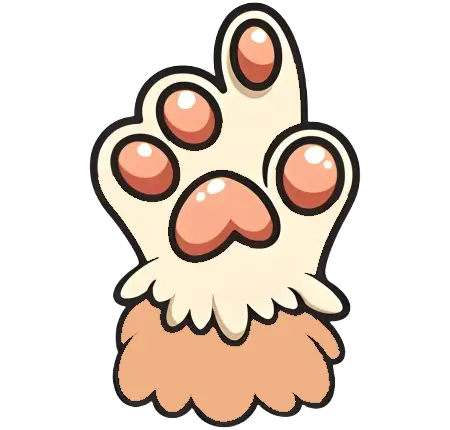
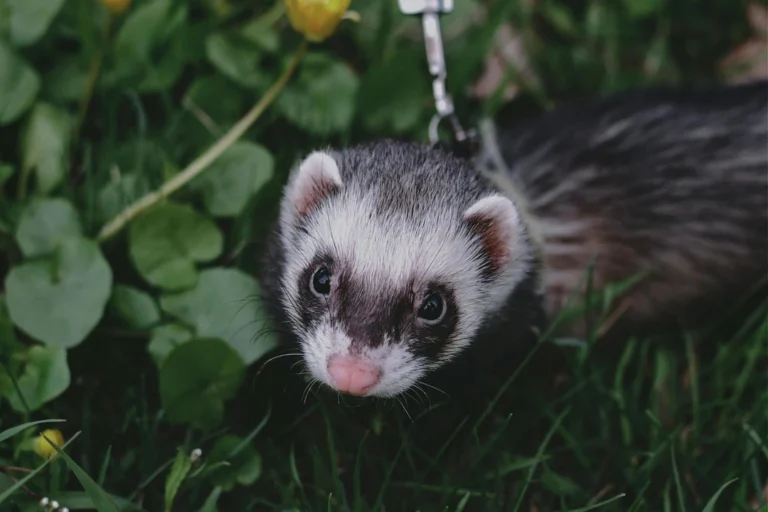


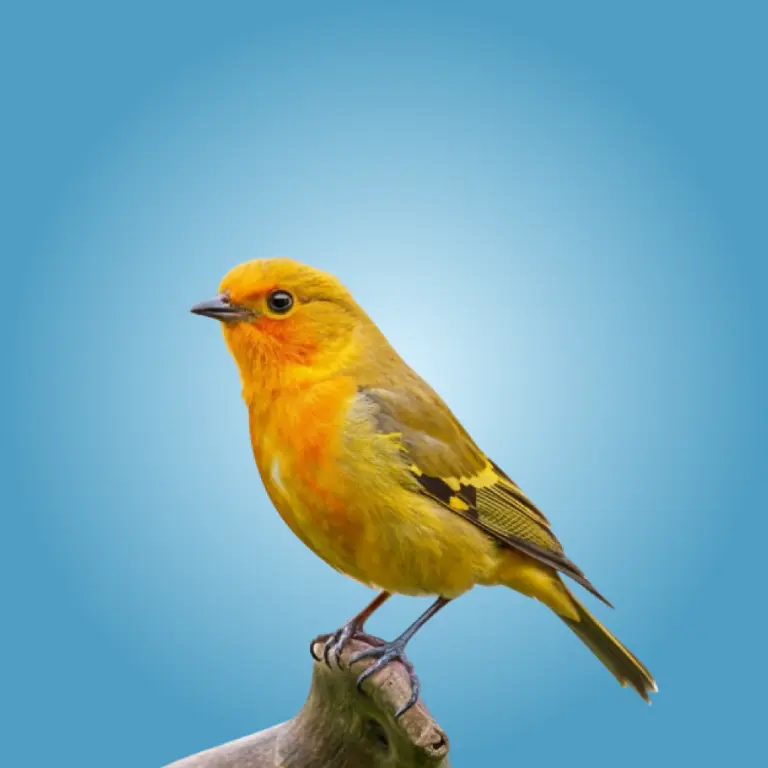







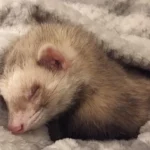





1 thought on “Ferret Body Language: A Basic Guide for Owners”
Pingback: How to Train Your Ferret: The Ultimate Guide